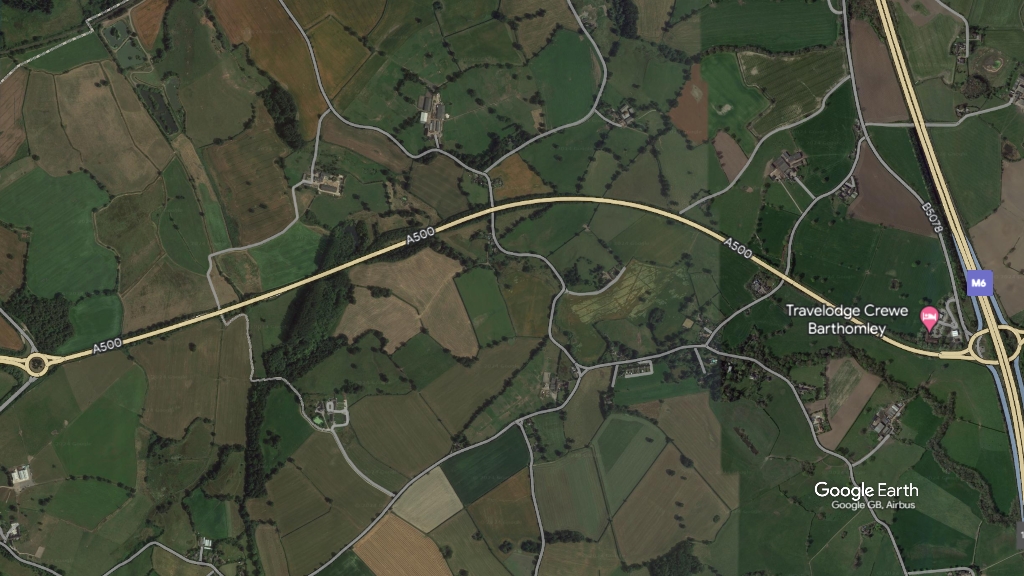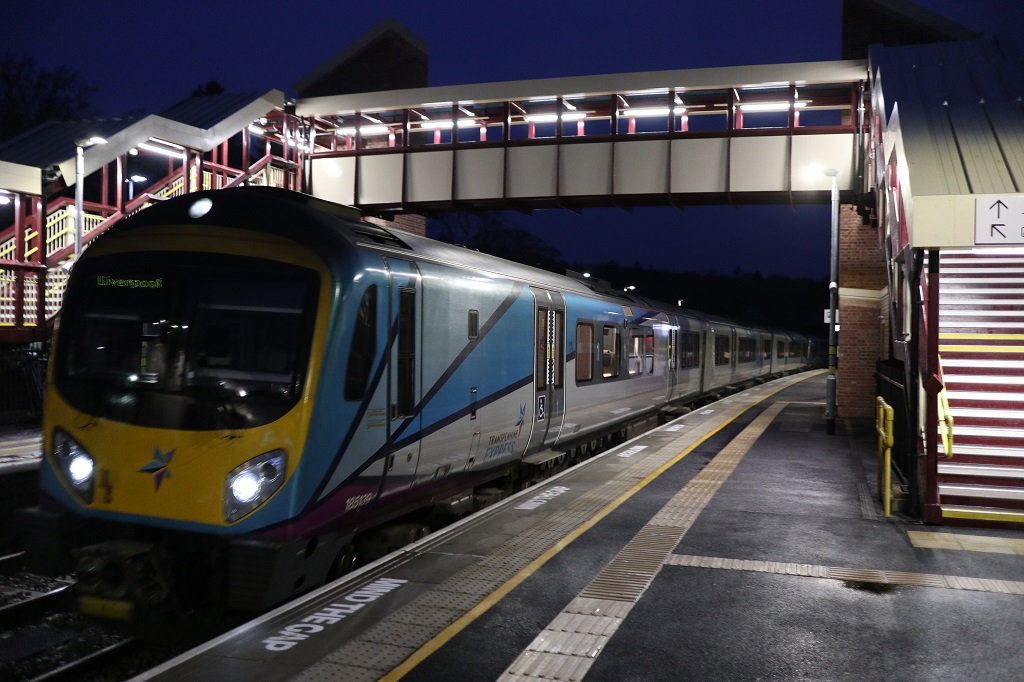4NW: Inflation may halt region’s transport projects
4NW, the new Regional Leaders Forum that emerged out of the ashes of the North West Regional Assembly, has warned that cost inflation on major transport improvements – including a doubling of the price of building roads – may threaten the viability of future projects.
Comments made in the organisation's first 'stakeholder briefing', distributed today, said cost overspend on transport projects in the region was running at £178m.
The briefing continued: "However, updated estimates for many schemes are significantly higher than previously, reflecting the fact that actual road construction price inflation has proven to be approximately twice as high as expected.
"If the region accommodates these Highways Agency increases from the Regional Funding Allocation transport investment programme, the region may not be able to bring forward any new schemes in the next RFA round without removing existing projects from the programme or agreeing to re-allocate money from elsewhere within the overall RFA.
"In July 2008, the Department for Transport published updated cost estimates for schemes in the Highways Agency's major roads programme, including the A57/A628 Mottram, Hollingworth and Tintwistle Bypass. The DfT also intends to make available estimates for schemes at Options stage (the A556 M6 to M56 Environmental Improvement) and other trunk road schemes in regional programmes (the A5036 Port of Liverpool Access Improvement)."



